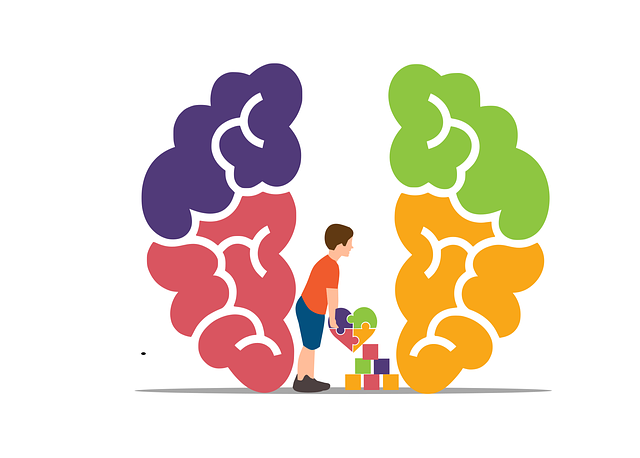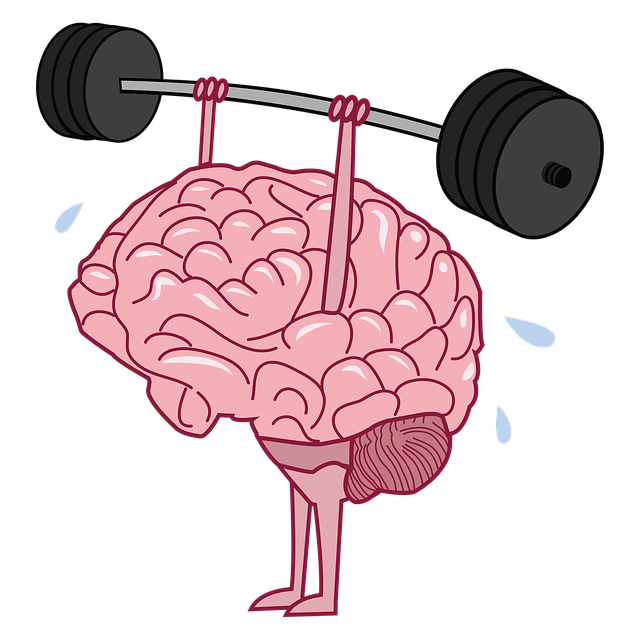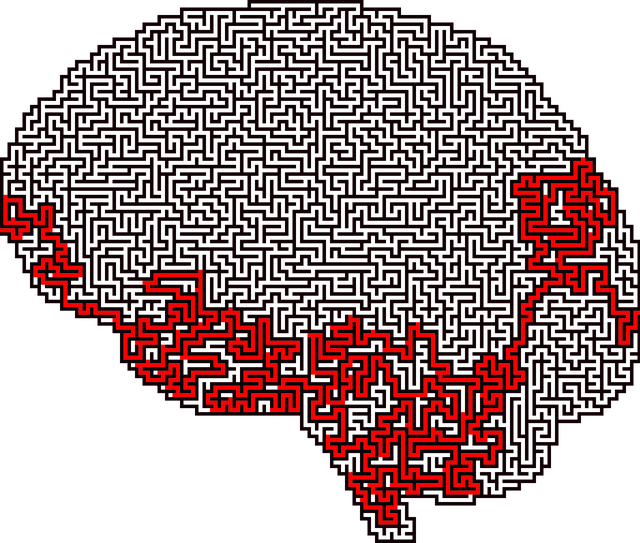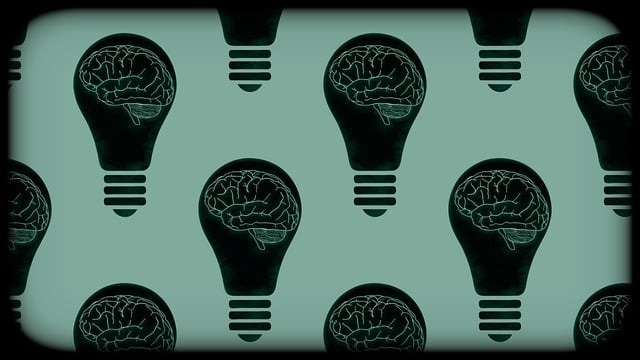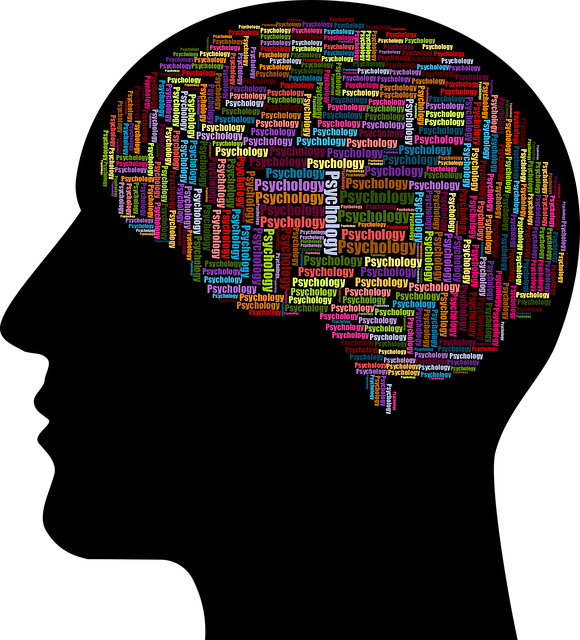Mental health challenges among young adults and first responders necessitate targeted education programs addressing unique pressures like academic expectations, career demands, and traumatic work environments that can lead to anxiety, depression, PTSD, and burnout. Effective programs incorporate compassion cultivation, destigmatize mental wellness, offer therapeutic approaches tailored to their needs (including stress management and resilience-building), foster community through interactive workshops, provide post-program resources for ongoing support, and train facilitators in communication and conflict resolution to ensure a supportive learning environment. Customized therapy sessions for young adults and first responders enhance program impact and sustainability.
Mental health challenges among young adults and first responders are on the rise, highlighting the urgent need for comprehensive education programs. This article explores effective strategies for designing interventions that foster resilience and promote early intervention. We delve into understanding specific mental health issues prevalent in these populations, focusing on therapy approaches tailored to their unique needs. By examining key components of successful programs, implementation strategies, and sustainable impact, this guide offers insights for creating transformative educational experiences for young adults and first responders.
- Understanding Mental Health Challenges Among Young Adults and First Responders
- Key Components of an Effective Education Program
- Implementation Strategies for Sustainable Impact
Understanding Mental Health Challenges Among Young Adults and First Responders

Understanding Mental health challenges is a critical step in designing effective education programs for young adults and first responders. This demographic faces unique pressures, from academic expectations to career demands and personal stressors. Many young adults struggle with issues like anxiety, depression, and stress-related disorders, often due to a combination of biological, psychological, and social factors. Similarly, first responders are at an increased risk of mental health problems due to the inherent stress, trauma, and high-pressure environments they operate in. Post-traumatic stress disorder (PTSD), burnout, and acute stress reactions are common among this group.
Addressing these challenges requires a multifaceted approach. Incorporating compassion cultivation practices in education can foster empathy, reduce stress, and promote mental wellness. The Mental Wellness Podcast Series Production and Stress Management Workshops Organization are examples of initiatives that leverage modern media and interactive formats to engage participants effectively. These programs offer valuable tools for self-care and resilience, ensuring young adults and first responders have access to resources tailored to their unique needs.
Key Components of an Effective Education Program

An effective mental health education program for young adults and first responders should incorporate several key components to ensure its success. Firstly, mental wellness should be presented as a fundamental aspect of overall health, breaking down stigma associated with seeking therapy. Educational content should include an introduction to various therapeutic approaches suitable for young adults and first responders facing unique challenges like burnout prevention. Interactive workshops facilitating open discussions can foster a sense of community and encourage peer support.
The program must also offer practical strategies for stress management, emotional regulation, and resilience-building tailored to the target audience’s needs. Incorporating real-life scenarios and case studies relevant to young adults and first responders will enhance engagement and learning. Moreover, providing resources for ongoing mental health support post-program is crucial, ensuring individuals have access to professional help when needed, especially for those considering therapy for young adults or suffering from burnout.
Implementation Strategies for Sustainable Impact

Implementing a mental health education program requires a strategic approach to ensure its sustainability and impact. One effective strategy is tailoring the program to specific target groups, such as young adults or first responders, who often face unique challenges related to emotional well-being. This customization can include incorporating therapy sessions that cater to their age group and profession, ensuring relevancy and engagement. For instance, Mind Over Matter principles can be adapted to suit different life stages, offering valuable tools for managing stress and adversity.
Additionally, fostering a supportive environment is key to long-term success. Training facilitators in effective communication and conflict resolution techniques allows them to address sensitive issues adeptly. By promoting open dialogue and providing safe spaces, participants feel more comfortable sharing their experiences. This approach not only enhances the learning experience but also equips individuals with emotional well-being promotion techniques they can apply in their daily lives.
Mental health education programs play a pivotal role in equipping young adults and first responders with the tools they need to navigate their unique challenges. By integrating evidence-based practices and addressing barriers to access, we can foster resilience and promote early intervention. Tailoring these programs to specific populations, such as young adults and first responders, ensures relevance and effectiveness. Through comprehensive training, we empower individuals to recognize mental health issues, seek appropriate therapy for young adults first responders, and cultivate supportive environments that prioritize well-being. Sustainable impact necessitates ongoing evaluation, community engagement, and adaptive strategies that reflect the evolving needs of our diverse populations.
